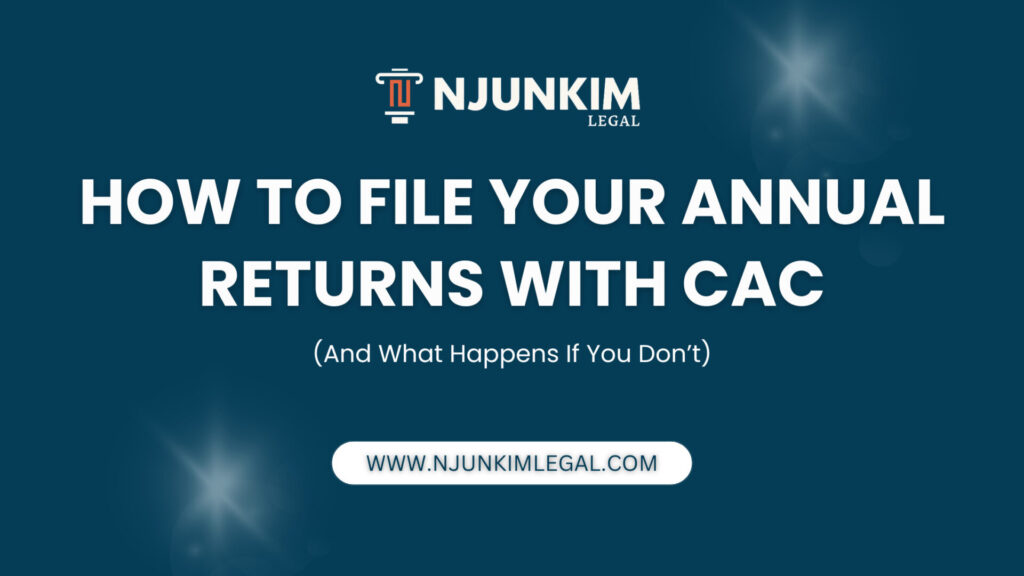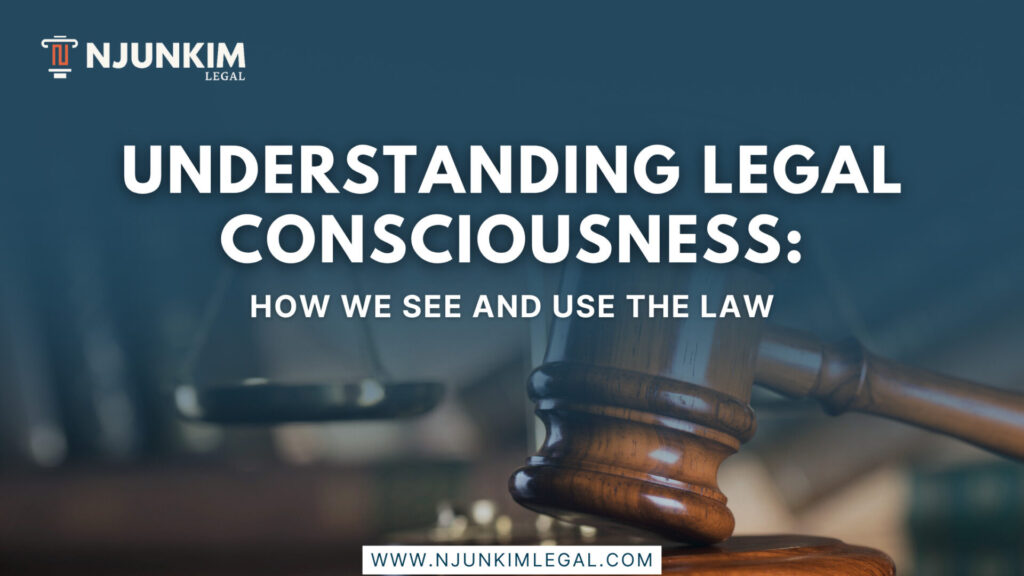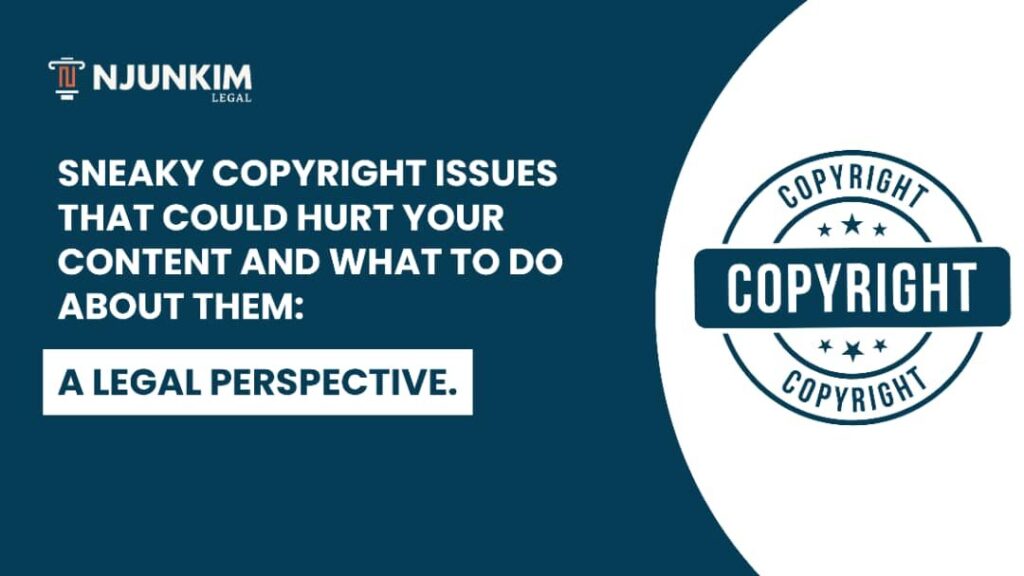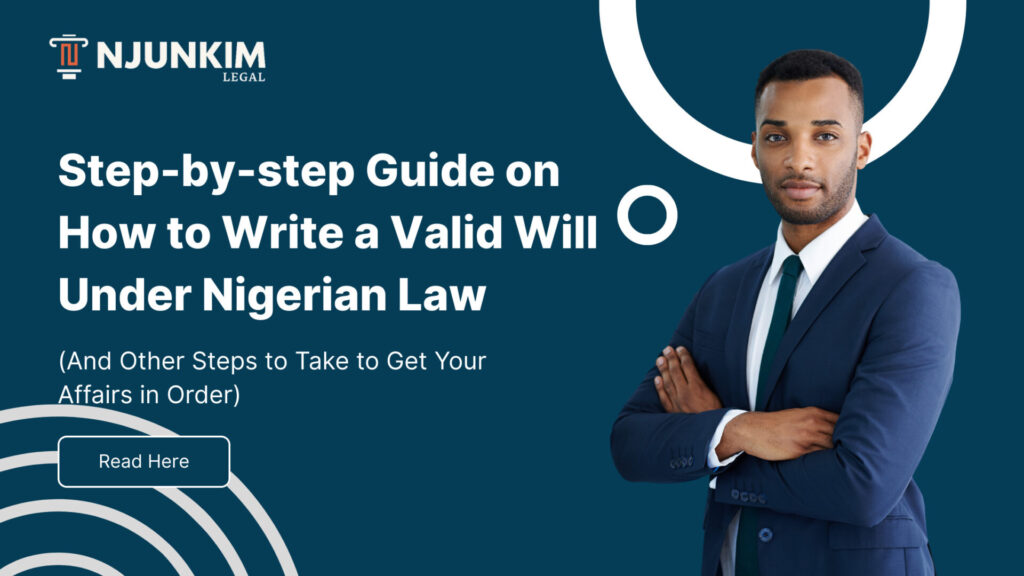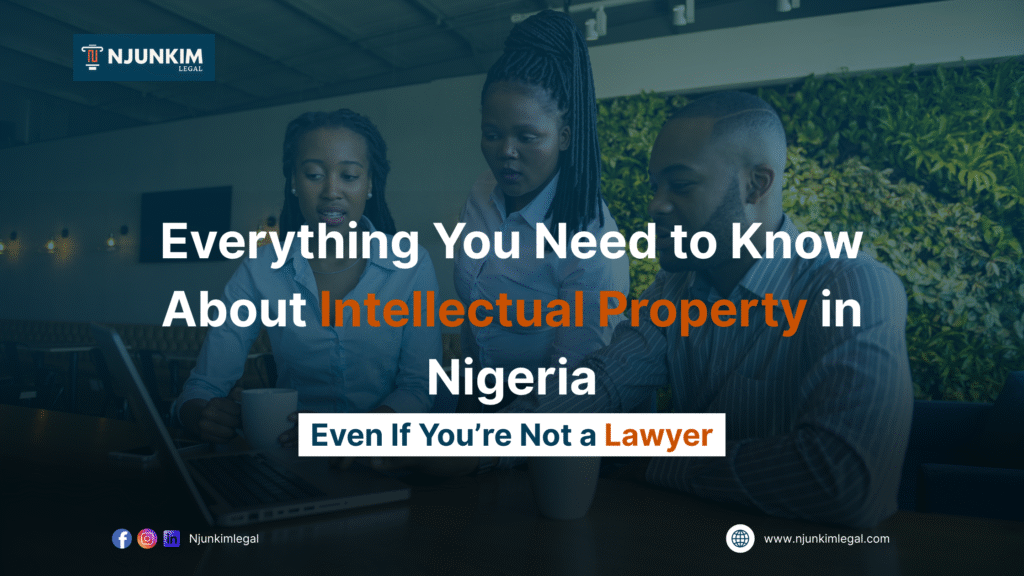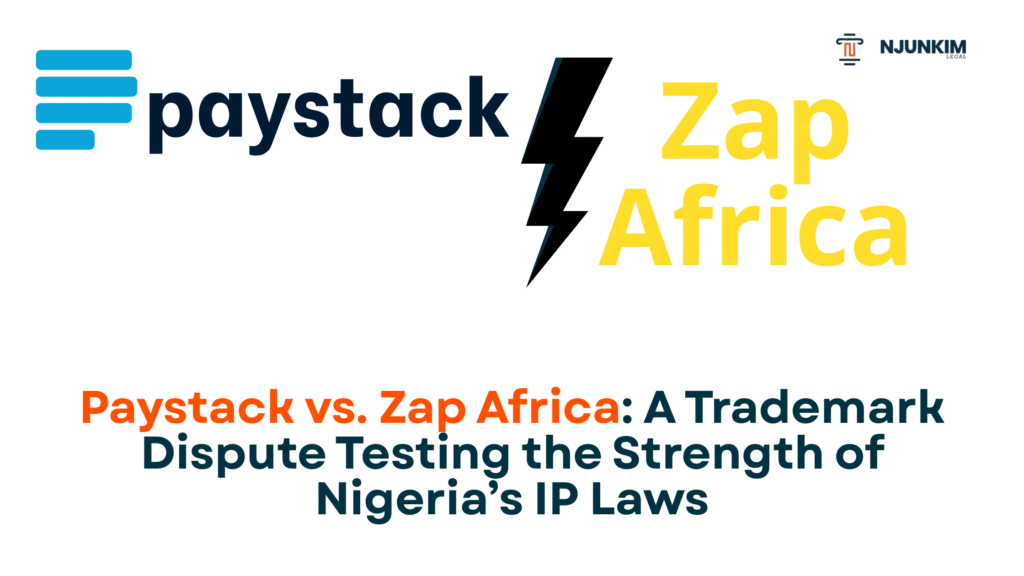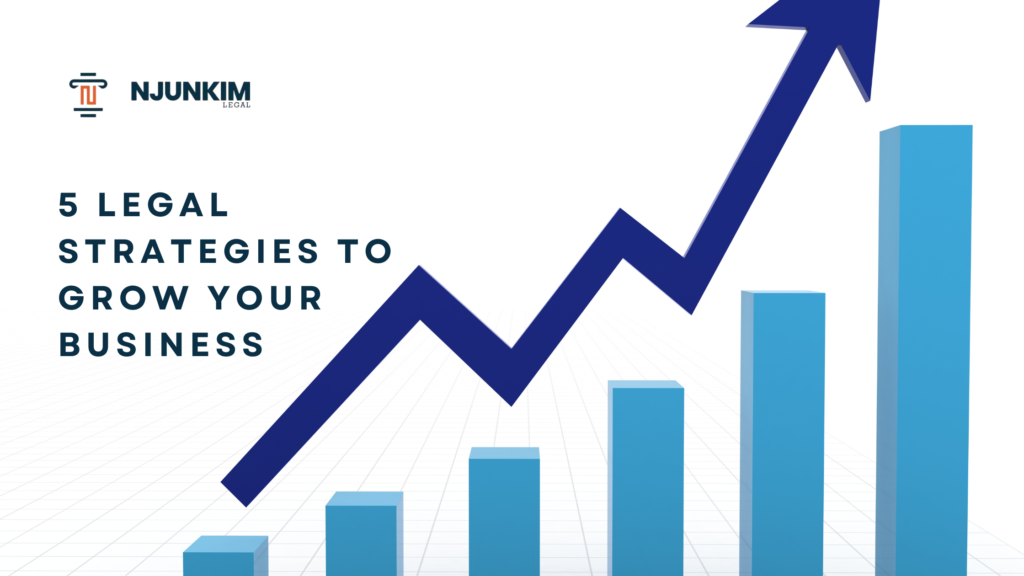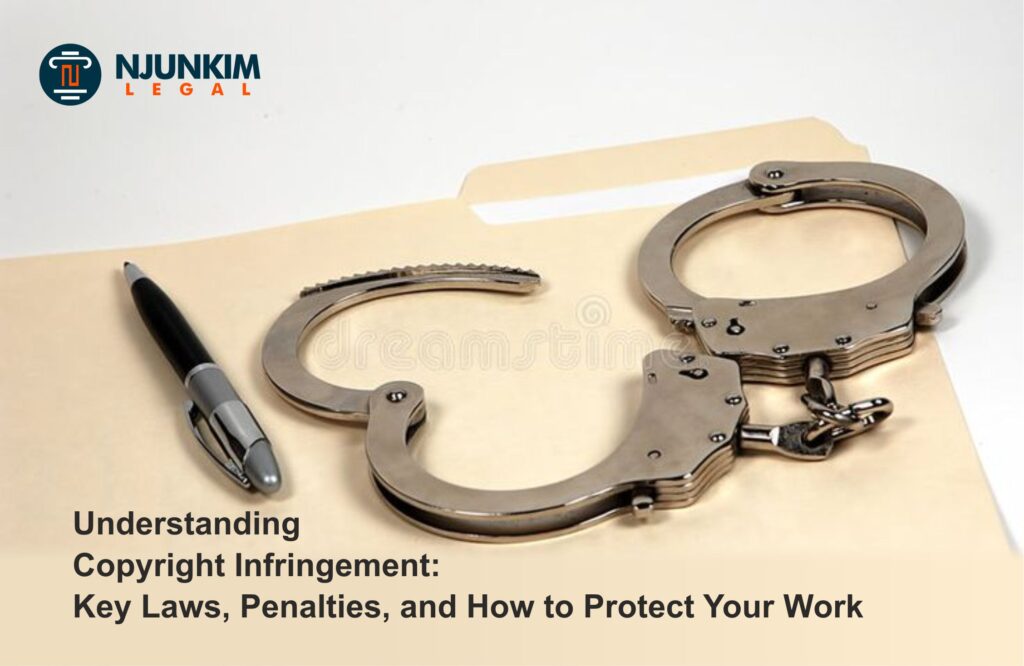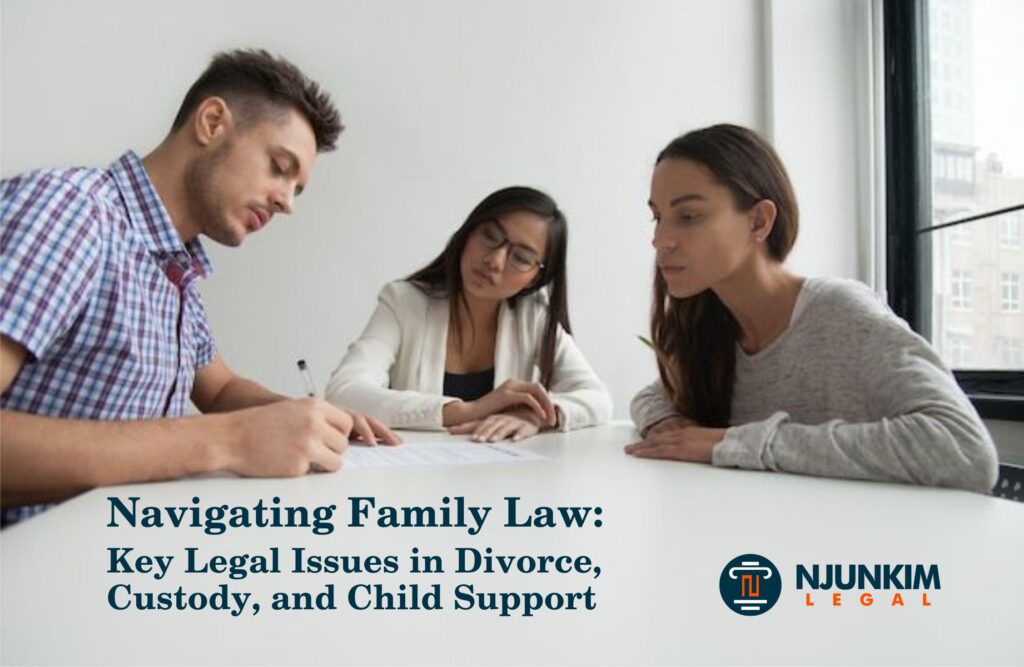How to File Your Annual Returns with The CAC (And What Happens If You Don’t)
Running a company in Nigeria involves more than just doing business; it also means ensuring your enterprise complies with all regulations set out by Nigerian law. Compliance is the backbone that keeps your company legally recognised and in good standing. And one often-overlooked duty is filing your Annual Returns with the Corporate Affairs Commission (CAC). Unfortunately, many entrepreneurs either don’t know about this requirement or mistakenly believe it doesn’t apply to them. The reality is, missing this filing could cost you money, credibility, and even your company’s legal existence. So, let’s break it all down: What Exactly Are Annual Returns? Think of your annual return as a yearly check-in with the government. It’s a declaration made to the CAC that shows: Under Section 417 of the Companies and Allied Matters Act, 2020 (CAMA 2020), filing annual returns is not optional. It’s a legal requirement. And as the Latin phrase goes, ignorantia juris non excusat: ignorance of the law excuses no one. Even if your business was relatively quiet during the year, you still need to file. Who Must File? Annual returns aren’t just for the big corporations. The obligation cuts across most types of registered entities in Nigeria: The only exception? Newly incorporated companies. They’re given an 18-month grace period from the date of registration before they need to file their first return (Section 421(1), CAMA 2020). After that, the obligation kicks in every year. When Should You File? The deadlines to file your business annual returns differ slightly depending on the type of entity: Pro tip: Don’t wait until the last minute. CAC’s online portal is notorious for delays close to deadlines. Filing early saves you both stress and unnecessary penalties. How to File Your Annual Returns with CAC The process has become much simpler in recent years, especially with the CAC’s online portal. Here’s a step-by-step guide: 1. Log in to the CAC Company Registration Portal. 2. Select File Annual Returns on your dashboard. 3. Choose your entity type: Company, Business Name, or Incorporated Trustee. 4. Provide the required details, such as: 5. Attach supporting documents where required (for example, audited financial statements for non-small companies). 6. Pay the prescribed fee (generated as a Remita RRR invoice). 7. Submit your return for CAC review. Once approved, you’ll receive an acknowledgment. Keep this safe , it’s proof that your company is compliant. Many businesses prefer to work with CAC-accredited agents. While it’s possible to file on your own, agents can save you time and reduce the chances of your return being queried or rejected. Filing Fees and Penalties Filing isn’t free, but the fees are modest compared to the penalties for ignoring them. Current CAC rates (subject to updates) include: And that’s not all. Under Section 425 of CAMA 2020, companies may be fined daily for default, and directors or officers can be personally held liable. In January 2024, the CAC publicly announced it would start strictly enforcing penalties and recovering unpaid fines directly from directors and officers. This is not an idle threat, it’s an active policy. What Happens If You Don’t File? Failing to file annual returns has a ripple effect that can hurt your company in more ways than one. Why Filing Matters Beyond Compliance Filing isn’t just about avoiding fines, it has practical benefits: Common Misconceptions About Annual Returns A lot of Nigerian business owners fail to make their companies compliant because of wrong assumptions. Let’s clear them up: Tips for Smooth Filing Conclusion Annual returns may feel like just another compliance chore, but they’re far more important than that. They protect your company’s legal existence, reputation, and access to opportunities. And the penalties for ignoring them are steep. If your filings are up to date, that’s great, set a system to remind you each year. If you’ve fallen behind, the best time to catch up is now, before penalties grow larger or CAC clamps down further. And if you’re unsure how to move forward or need help navigating the process, you don’t have to figure it out alone. Guidance from professionals can make the process far smoother and keep your company firmly in “active” status where it belongs.
How to File Your Annual Returns with The CAC (And What Happens If You Don’t) Read More »

